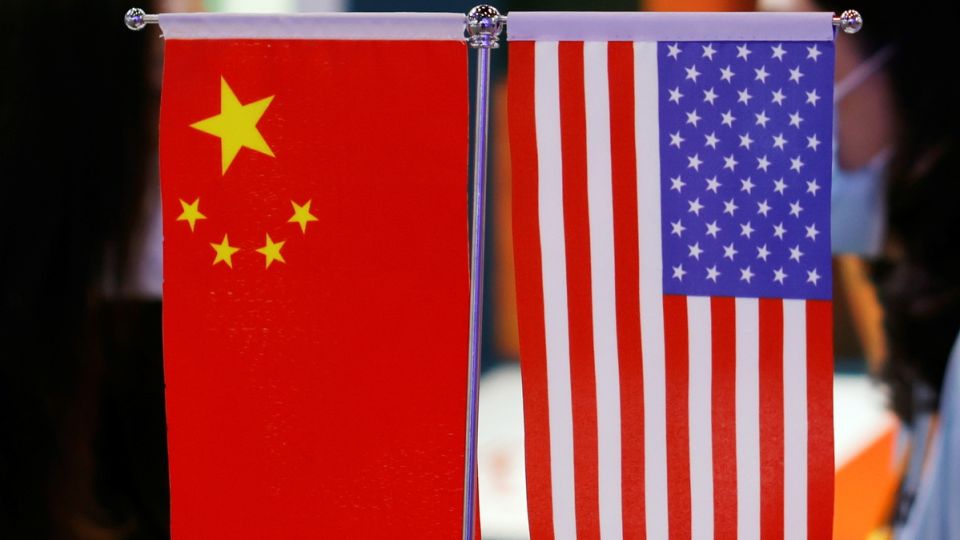February 22, 2022
BEIJING – The Chinese government has decided to take countermeasures against Raytheon Technologies and Lockheed Martin, two US weapon companies that have long been involved in the United States’ arms sales to Taiwan, Foreign Ministry spokesman Wang Wenbin said on Monday.
The move came two weeks after the US announced a $100 million military sale to the island, which elicited opposition and condemnation from China.
The sanctions were decided according to China’s Anti-Foreign Sanctions Law and aim to safeguard the country’s sovereignty and security interests, Wang told a news conference.
The US’ sale of weapons to China’s Taiwan region violates the one-China principle and the stipulations of the three China-US joint communiques, especially the one signed on Aug 17, 1982, and seriously undermines China’s sovereignty and security and China-US ties as well as peace and stability across the Taiwan Straits, Wang said.
“China once again urges the US government and relevant parties to observe the one-China principle and the stipulations of the three China-US joint communiques, stop selling weapons to Taiwan and cut US-Taiwan military ties,” Wang said.
China will continue to take all necessary measures according to the development of the situation to protect its sovereignty and security, Wang added.
Monday marked the 50th anniversary of the icebreaking visit to China of US president Richard Nixon.
The visit showed that countries with different systems and development paths can peacefully coexist and expand their common interests as long as they respect one another, seek common ground while putting aside their differences, and carry out mutually beneficial cooperation, Wang said.
During the visit, which ended the long-term isolation between the two countries, China and the US signed the Shanghai Communique, which confirmed the one-China principle and was the first of the three bilateral joint communiques.
The principle is one of several that have served as the political foundations for normalization of bilateral ties and the establishment of diplomatic relations between the two countries, Wang said. He called for the US to work with China to bring bilateral ties back to sound and steady development.
“The root cause of the current difficulties in bilateral ties is that some people in the US hold erroneous understandings of China, deem China as a major strategic rival and even imaginary enemy, and try to contain China in all aspects,” Wang said.


